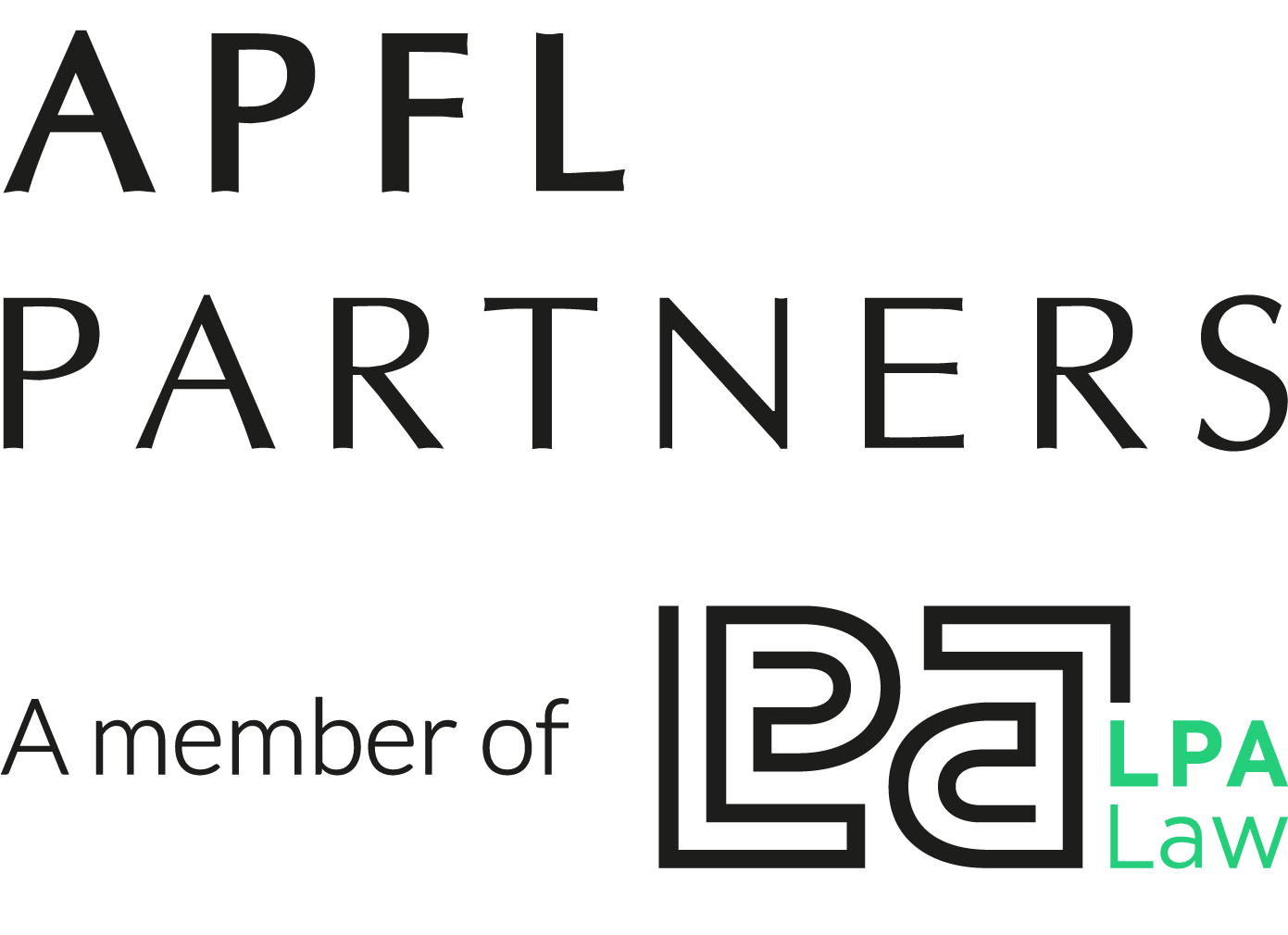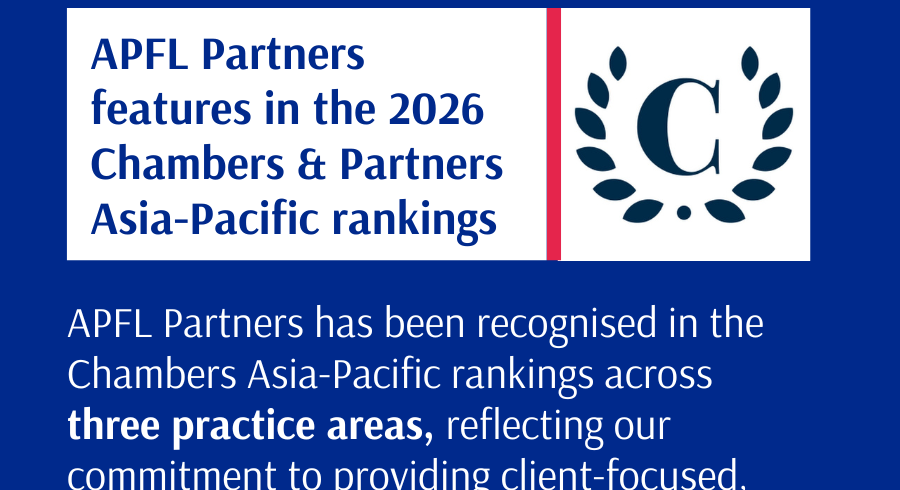Key Changes to Vietnam’s Law on Enterprises: New Rules on Beneficial Ownership and Corporate Transparency

On June 17, 2025, the National Assembly officially passed the Law on Amending the Law on Enterprises (“Amended LOE”), revising several provisions of Law No. 59/2020/QH14. The Amended LOE is viewed as a major legislative reform, reflecting Vietnam’s ongoing efforts to improve transparency and accountability in the business environment.
A core driver behind this amendment is Vietnam’s commitment to fulfilling its obligations under international frameworks, particularly the recommendations issued by the Financial Action Task Force (“FATF”), which sets global standards for combating money laundering and terrorist financing. Despite being a member of the Asia/Pacific Group on Money Laundering since 2007, in June 2023 Vietnam was placed on the FATF’s Grey List. The FATF has further warned that Vietnam risks being moved to the Black List if it fails to demonstrate meaningful progress – a scenario that could potentially lead to reduced foreign direct investment and broader economic consequences.
In addition, various inconsistencies and regulatory gaps in the current Law on Enterprises have also prompted Vietnam to accelerate the process of finalizing this amended law.
Amid this context, the Amended LOE introduces for the first time detailed regulations on beneficial ownership. Article 4.35 defines beneficial owners as individuals who “ultimately hold charter capital/voting shares or exercise controlling rights in an enterprise”. The Amended LOE explicitly excludes the individuals acting as the state representatives in state-owned enterprises from this definition.
Under the Amended LOE, businesses must declare their beneficial owners during business registration, collect, update, and retain the relevant information, and report to competent authorities upon request.
Notably, the Amended LOE does not set a specific deadline for beneficial owner information registration by existing companies, allowing them to declare when their next relevant registration event arises.
Other notable amendments are as follows:
- Article 16 is revised to provide refined definitions of the prohibited conducts of falsification or misrepresentation of data relating to charter capital, asset contributions, or ownership. This amendment strengthens the competent authorities’ options to fight overstatement of charter capital.
- The Amended LOE clarifies how to determine market value when transferring shares or capital. For listed shares, valuation will rely on the 30-day average trading price prior to the valuation date, or be determined by mutual agreement or a licensed appraiser. For unlisted shares, it will be based on the latest transaction price, agreed value, or a licensed appraisal.
- The Amended LOE imposes a general 5:1 debt-to-equity ratio limit on non-public companies issuing private bonds, based on audited financial statements. Companies planning private bond offerings after July 1 must comply with this requirement. This requirement does not apply to state-owned enterprises, real estate issuers, banks, insurers, or securities firms, which are subject to specific legislation on bond issuance.
- While public officials and government employees remain generally barred from managing or establishing enterprises, there are now exceptions in specific fields such as science or innovation to ensure impartial governance and promote broader participation in key sectors.
- Provincial People’s Committees shifts from pre-approval requirements to post-registration inspections, with responsibility to issue and implement transparent procedures for enterprise registration checks. This transition to risk-based oversight aims to reduce administrative burdens and foster a cleaner, more efficient business environment.
Overall, the Amended LOE reflects Vietnam’s determination to align with international standards, increase transparency, improve governance, and bolster investor confidence. Along with selective incorporation of international experience and recommendations, the Drafting Board aims to design mechanisms that are as straightforward as possible for relevant entities. These amendments are also expected to help ensure a more favorable business environment and reaffirm Vietnam’s commitment to the National Action Plan on Anti-Money Laundering, Counter-Terrorism Financing, and Counter-Proliferation Financing for the 2021–2025 period.
The Amended LOE takes effect on July 1, 2025. The implementing decree is also expected to be promulgated around the same time.
Disclaimer: This newsletter and its content are for informational purposes only and do not constitute legal advice. Readers should seek legal or professional advice before taking or refraining from any action.


